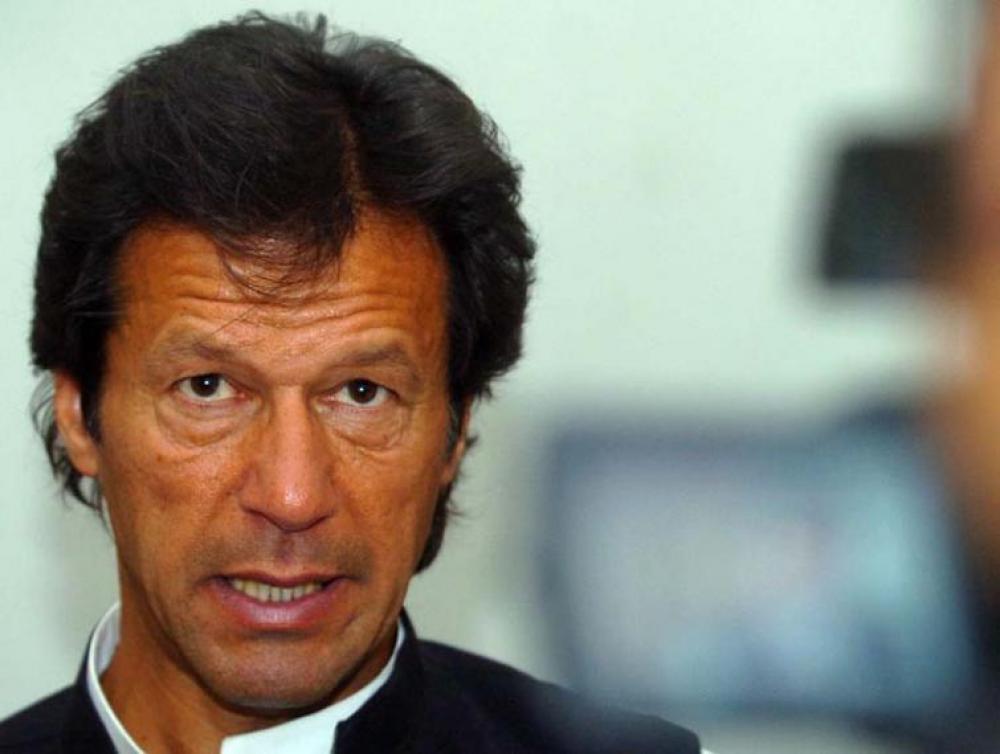Just Earth News | @justearthnews | 12 Apr 2020, 06:49 am Print

Islamabad/Xinhua: Pakistan may fall into an economic recession owing to the outbreak of COVID-19 in the country, a World Bank report said on Sunday.
The latest "South Asia Economic Focus," the bank's flagship publication, anticipated that the South Asian country may face the economic challenge in multiple factors including a halt in economic activity, collapse in trade, and stress in the financial and banking sectors as a result of the ongoing outbreak of COVID-19 and consequent lockdowns.
"Pakistan, which has already experienced low growth rates in recent years, could well fall into a recession. With 1.8 percent population growth, that would imply a painful decline in per-capita income," noted the report.
It said that Pakistan made considerable progress toward macroeconomic stabilization during the first eight months of the fiscal 2020 starting from July 2019 and to end in June 2020, and measures taken by the authorities helped reduce domestic and external imbalances although at the cost of dampened economic activity. But now the COVID-19 related disruptions have further strained economic activity.
Talking about the impact of the lockdowns, the World Bank said that the closure of non-essential businesses and domestic supply chain disruptions are having a significant impact on wholesale and retail trade and transport, storage and communication, the largest sub-sectors of the services sector.
"The drop in domestic and global demand is also compounding the woes of the industrial sector, which is hit by both supply and demand shocks," the report said, adding that the country's main industrial sector of textiles and apparel is highly exposed to COVID-19 related disruptions due to its labor-intensity. As a result, real GDP growth in FY20 is expected to contract by 1.3 percent. It added that the COVID-19 pandemic is also likely to put significant pressure on expenditures whereas revenue collections are expected to be negatively impacted, resultantly the country's public debt, which stood at 87.5 percent of GDP at the end of FY19, may also rise.
The international lender also warned that if COVID-19 outbreak worsens or lasts longer than expected, the real GDP for FY20 could contract by 2.2 percent before marginally recovering to 0.3 percent growth in FY21.
"The immediate challenge for the government is to contain the spread of the COVID-19 pandemic, while minimizing economic losses and protecting the poorest. In the medium-to-long term, the government should remain focused on implementing much needed structural reforms to boost private investment sustainably," it said.
The World Bank's report is second of this kind to anticipate a fall in the country's GDP after the Asian Development Bank, who earlier said that the country may witness an economic slowdown to 2.6 percent due to the disease outbreak.
- Record-breaking Apple: $143.8B revenue and 2.5 billion active devices
- Layoff storm at Amazon: 16,000 employees impacted worldwide
- Why gold just exploded past $5,000 — And what’s driving the rally
- AI shockwave ahead: IMF chief warns millions of jobs could vanish
- UN report shows global economy shows signs of growth, but experts believe recovery remains fragile





-1763561110.jpg)
